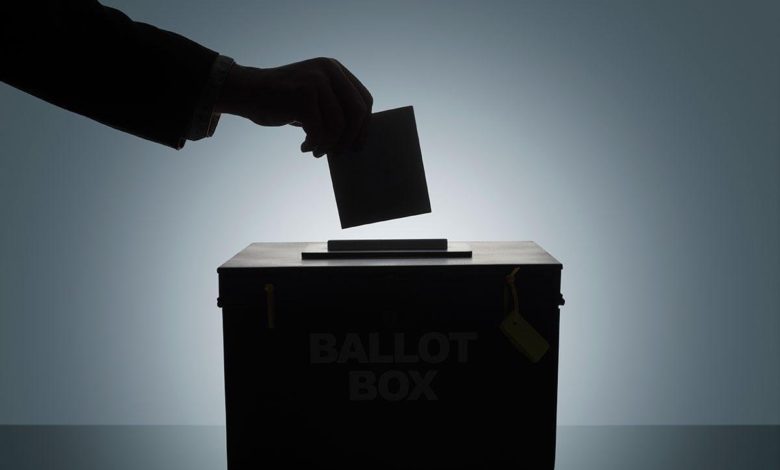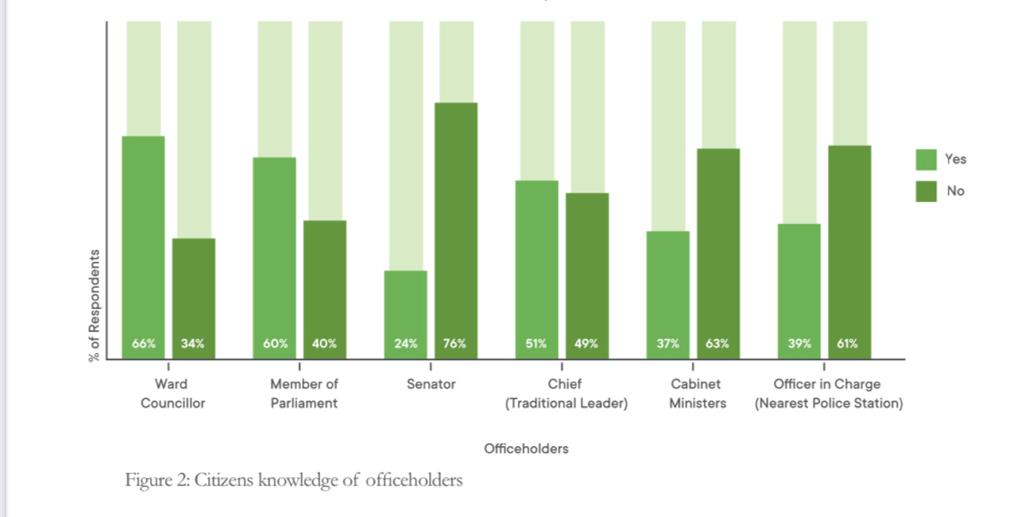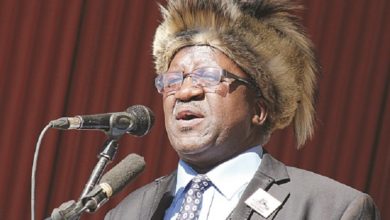Some Zimbabweans barely know their elected representatives: Survey

There are worrying levels of apathy among citizens across the country, as some do not know who their elected representatives are or their responsibilities, a survey on citizens and official government processes in Zimbabwe has found out.
The report was published in July by the SIVIO Institute, an independent organisation, that focuses on making sure citizens are at the centre of processes of socio-economic and policy change.
In the survey questionnaire, SIVIO Institute sought to determine if citizens have a clear understanding of the different roles of officeholders and critical institutions.
The survey also sought to determine the levels and ways in which citizens participate in official processes of central and local government.
Findings from whether citizens know their elected and non-elected officials that represent them at the local and national level showed this:
34 percent of citizens do not know who their ward councillor is.
40 percent do not know their Member of Parliament (MP).
76 percent of citizens do not know their senator.
63 percent do not know cabinet ministers while 72 percent of citizens have never participated in a government-led policy formulation process.
It was also revealed that 55 percent of citizens do not believe the government has put in place adequate measures for citizens to participate in the formulation of public policies.
“73 percent of citizens believe there is limited room to input towards the national budget process and 74 percent of citizens are dissatisfied with ongoing policy changes,” said the report.

In expanding the findings, the study explained it identified six offices, which were thought to be critical to citizens in their daily lives.
“At least according to the constitution, the office of ward councillor is the most local position and represents the smallest number of households compared to any other elected position in the country,” said the study.
“The ward councillor is elected into office directly by registered voters after the usual campaigning processes. When asked if respondents know their ward councillor, 66 percent confirmed they know their ward councillor whilst 34 percent did not know their ward councillor.”
From the findings, a large number of citizens (81 percent) believe the ward councillor’s duty must include mobilising citizens for collective action, followed by resolving disputes within the community with 76 percent saying so.
Other responsibilities by order rank include allocating resources, where 73 percent said so and providing welfare noted by 66 percent.
“Less than 50 percent of the respondents think that ward councillors are responsible for making laws (40 percent) and implementing laws,” the study said.
In the recent elections, members of parliament have been elected at the same time with ward councillors and the president through harmonised elections.
“The number of people who know their MPs is 60 percent, slightly lower than those who know their ward councillor,” said the report.
“Only 24 percent of the respondents know their Senator. The senator scores lower than the Cabinet Ministers at 37 percent and the Officer in Charge at the nearest police station at 39 percent.”
However, when it came to knowledge of chiefs (traditional authority), the study noted an almost even distribution between those who know who their chief is at 51 percent and those who do not know stands at 49 percent.
“The responses include those in urban areas where the role of traditional authority is not visible. However, when responses are isolated for only those based in rural areas the number of those who know who their chief is, at 75 percent, is larger than those who do not know compared to 25 percent. It is also important to note that the chief is the third most known officeholder,” the study noted.





